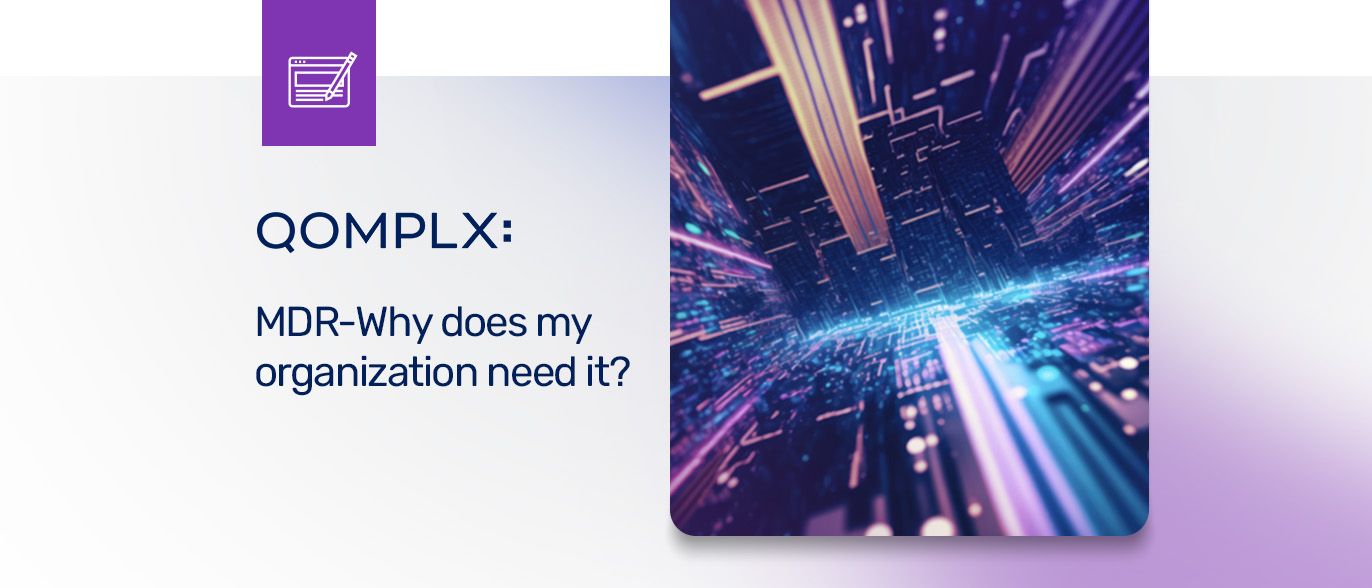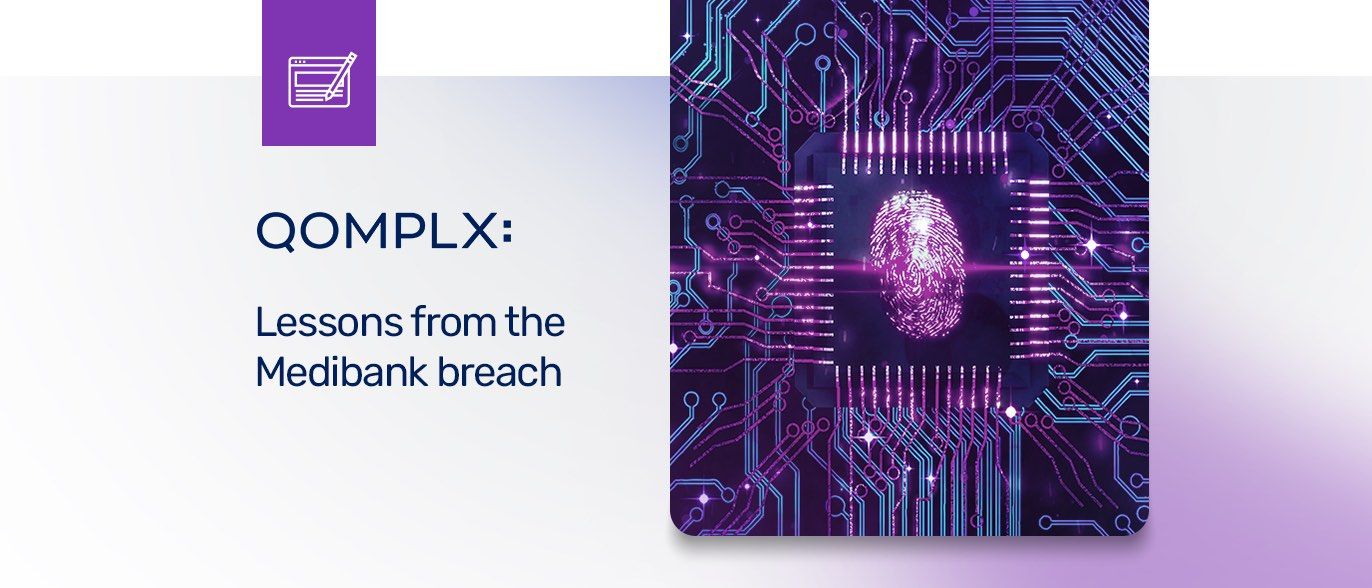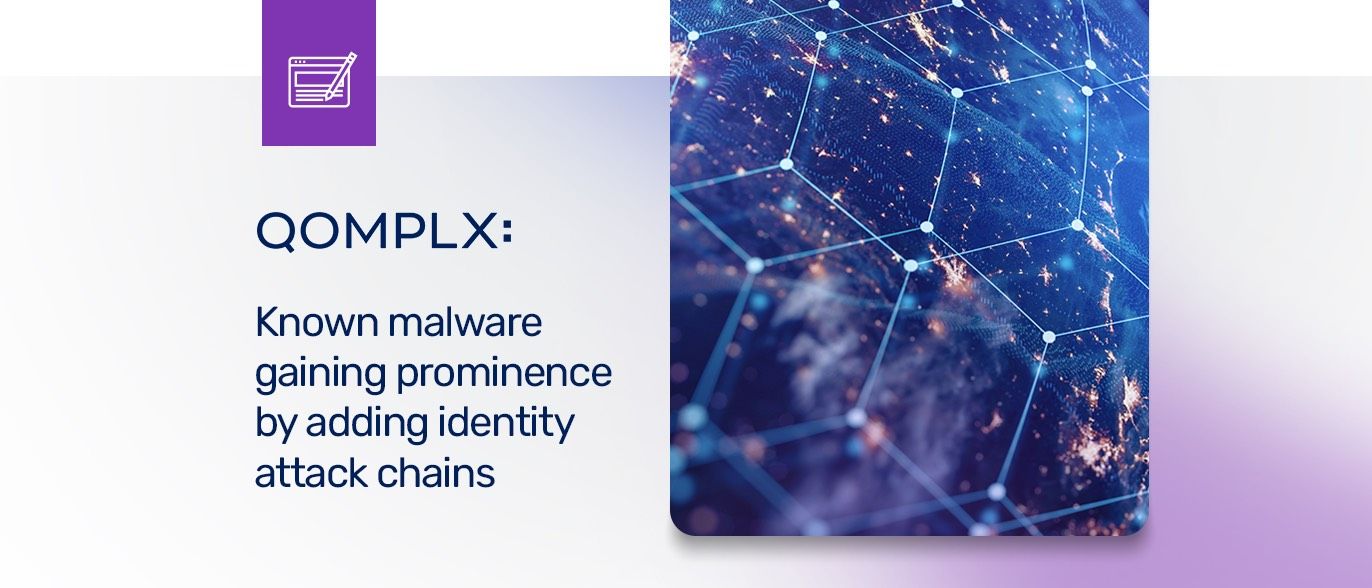QOMPLX Detections is a reference document that provides essential information on the methods that our technology uses to identify suspicious and malicious activity within your environment.
The posts included in this document describe common attacks and malicious behaviors and the telltale signs that identify them. They are intended to provide basic information and insights about the attack activity and trends that are driving malicious campaigns and that QOMPLX helps its customers to detect and counter.
Related Blogs
- Understanding Golden SAML Forgery Attack
- Understanding Pass The Hash Attacks
- Detecting Password Spraying Attacks
- Detecting Account Name Enumeration
- Detecting Successful Zone Transfer from an Unknown Source
- Detecting PowerShell Executed in the Background
- Detecting PowerShell Encoded Command Execution
- Detecting Use of Built-In Windows Utilities
- Detecting Service Installed on Sensitive Systems
- Detecting Suspicious Use of Regsvr32
- Detecting ASREP Roasting Attacks
- QOMPLX Knowledge: Honey Account Logins and Ticket Requests
- QOMPLX Knowledge: Detecting Pass The Hash Attacks
- QOMPLX Knowldge: Detecting Skeleton Key Attacks





